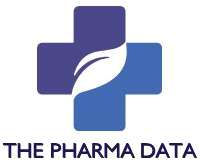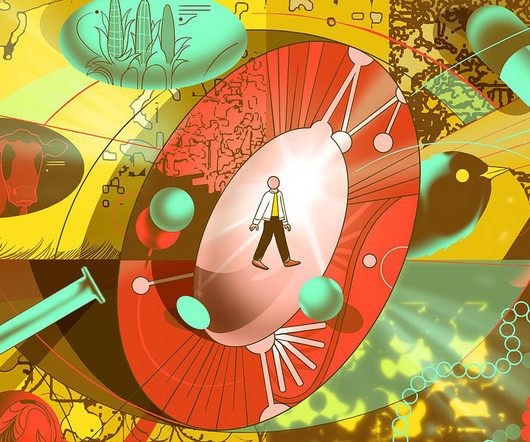Eclectic Genomics: Cat Flu, Dolphin Adaptation to Climate Change, Predicting Cancer, and Diagnosing Rare Disease
PLOS: DNA Science
JULY 27, 2023
Genomics applies to all species, revealing evolution in action, because we all use the same genetic code – that is, the correspondence between DNA sequences and the amino acid sequences of proteins. Cats and Bird Flu Comparing DNA sequences is a little like linguistic research that connects languages.












Let's personalize your content